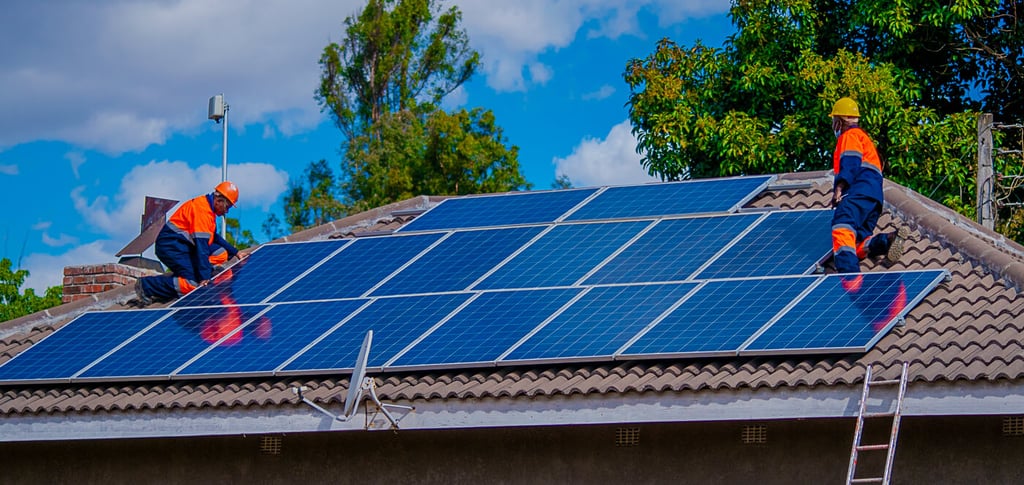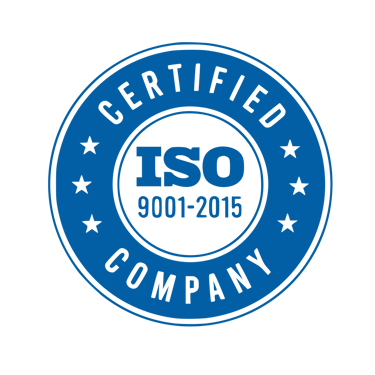How To Start A Lucrative Solar Panels Distribution Business In Zimbabwe
The Complete Guide to Building a Profitable Renewable Energy Supply Chain in Southern Africa
HOW TO GUIDE
3 min read


With Zimbabwe facing chronic power shortages, limited grid connectivity, and growing environmental awareness, solar energy has emerged as a lifeline for both households and businesses. Demand for solar panels and related equipment is soaring, driven by off-grid rural needs, urban energy backups, and government-led renewable initiatives.
This guide provides a complete roadmap to entering and thriving in Zimbabwe’s solar panel distribution business — from identifying opportunities and sourcing products to marketing, partnerships, and after-sales support.
What Are Solar Panels?
Solar panels convert sunlight into electricity using photovoltaic (PV) cells. They are crucial in providing clean, off-grid, and cost-effective energy.
Types of Solar Panels:
Monocrystalline: High efficiency, compact, more expensive
Polycrystalline: Affordable, slightly lower efficiency
Thin-Film: Lightweight, flexible, suited for low-power needs
Related Components:
Solar inverters
Charge controllers
Batteries
Mounting structures
DC cables & accessories
Why Start a Solar Panels Distribution Business in Zimbabwe?
🚀 High demand due to energy shortages
📈 Increasing cost of grid electricity
🌿 National renewable energy policy and incentives
🏠 Growing rural electrification needs
🌍 Climate-conscious customers and NGOs
Market Opportunities in Zimbabwe
Key Demand Drivers:
Power outages from ZESA (Zimbabwe Electricity Supply Authority)
Off-grid rural electrification initiatives
NGO and government renewable projects
Urban commercial & residential solar backup needs
Demand Hotspots:
Harare
Bulawayo
Mutare
Masvingo
Rural provinces (Matabeleland, Manicaland)
Business Models to Consider
Wholesale Distribution to Solar Installers & Retailers
Retail B2C Solar Shops in Urban Areas
NGO & Government Project Supply Contracts
Exclusive Dealerships with Global Manufacturers
Solar Kits Bundling (Panels + Battery + Inverter)
Common Challenges
⚠️ Import tariffs on solar products (unless exempted)
⚠️ Currency instability & forex challenges
⚠️ Shortage of skilled solar installers
⚠️ Risk of counterfeit or substandard products
Step-by-Step Guide to Starting the Business
1. Conduct Market Research
Study solar usage trends by households, SMEs, and NGOs
Visit rural energy trade fairs and tech expos
Analyze ZESA power supply reliability in key areas
2. Register Your Business
Register with the Zimbabwe Companies and Deeds Office
Acquire ZIMRA Tax Clearance and a Vendor Number
Register with REAZ (Renewable Energy Association of Zimbabwe)
Join ZERA (Zimbabwe Energy Regulatory Authority) for credibility
3. Choose Your Product Mix
Decide on types of panels and wattages (e.g., 100W, 330W, 550W)
Include essential accessories: inverters, batteries, charge controllers
Bundle solar home kits for retail
4. Find Reliable Suppliers or Manufacturers
Source panels from India, China, Turkey, or South Africa
Ensure compliance with IEC & TUV standards
Prioritize Tier-1 solar panel manufacturers for quality
5. Set Up Your Warehouse & Distribution Network
Rent a warehouse in Harare or Bulawayo for proximity to major markets
Partner with local logistics firms for rural delivery
Offer vehicle delivery for larger orders
6. Build Sales & Service Channels
Partner with electricians and solar technicians
Develop referral networks with NGOs and churches
Distribute through agro-dealer shops and hardware chains
Offer flexible credit or pay-as-you-go schemes via partners
7. Marketing Strategy
Digital campaigns on Facebook and WhatsApp
Run product demos in community centers
Target NGOs and development agencies via LinkedIn
Offer training seminars for local installers
8. Technical Support & After-Sales Services
Provide warranties (minimum 5–10 years)
Offer installation services or train partners
Set up a technical support hotline
Stock spare parts and backup accessories
Estimated Startup Costs
Business Registration: $300 – $600
Initial Inventory Procurement: $15,000 – $50,000
Warehouse & Setup: $3,000 – $7,000
Branding & Marketing: $1,500 – $5,000
Logistics (vehicle, delivery): $2,000 – $8,000
Misc. & Permits: $1,000 – $3,000
Total Estimate: $25,000 – $70,000
Expected Margins:
Solar panels (20% – 35%)
Kits & bundled systems (25% – 50%)
Accessories (up to 60%)
Tips for Success
Always verify product quality and technical specs
Focus on education: many customers are new to solar
Partner with MFIs or SACCOs for financing options
Join industry networks and attend renewable expos
Stay updated with government policies and exemptions
Frequently Asked Questions (FAQs)
Q1: Do I need a license to import and sell solar panels in Zimbabwe?
Yes, importation may require clearance from ZERA and ZIMRA.
Q2: What’s the most in-demand solar panel size?
330W – 550W panels are widely used for homes and SMEs.
Q3: Can I sell to NGOs and government projects?
Yes, if registered with REAZ and ZERA and you respond to open tenders.
Q4: Where can I find skilled installers?
Partner with vocational institutes or train staff in-house.
Q5: Are duty exemptions available?
Yes, under the National Renewable Energy Policy, duty-free importation may apply for solar gear.
Conclusion
Zimbabwe’s unreliable electricity grid and abundant sunlight present a ripe opportunity for solar panel distributors. By combining quality products with reliable after-sales support, market education, and NGO collaboration, entrepreneurs can play a pivotal role in powering homes and businesses while building a highly scalable enterprise.
With the right strategy, network, and understanding of the local energy landscape, solar panel distribution can be one of the most impactful and profitable ventures in Zimbabwe’s future.

